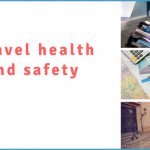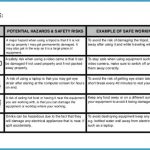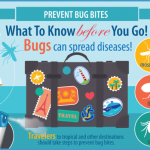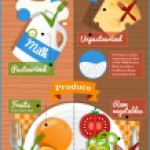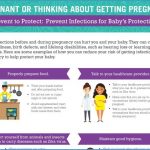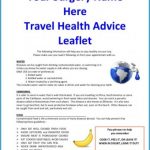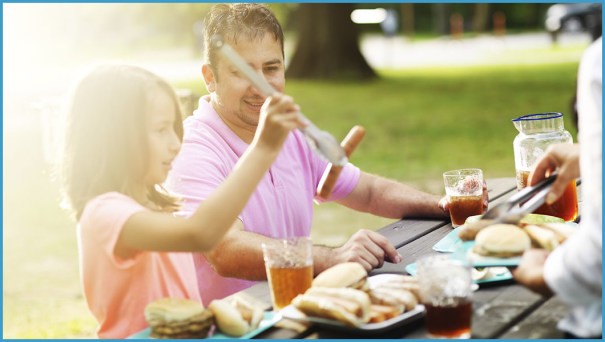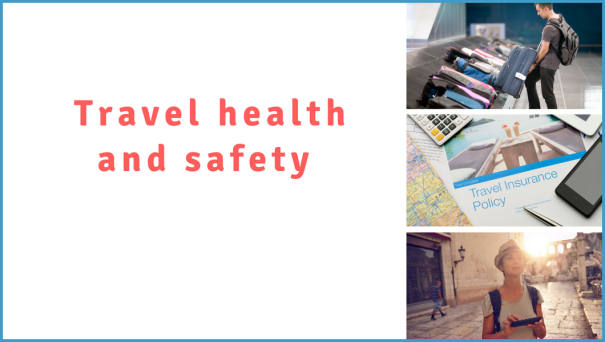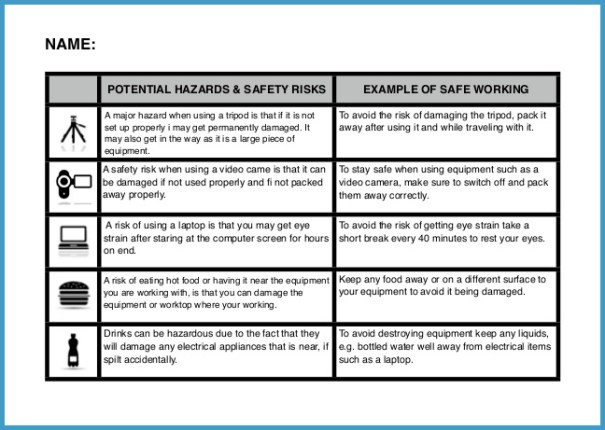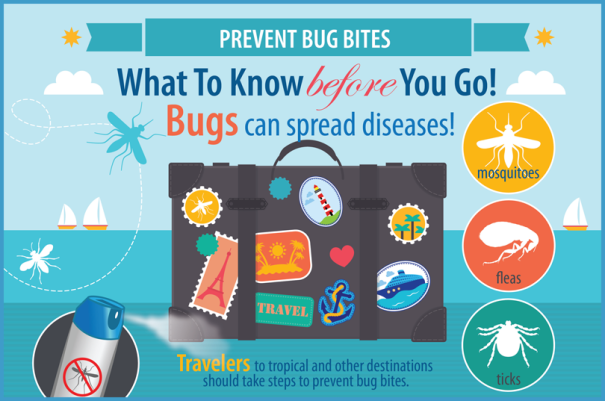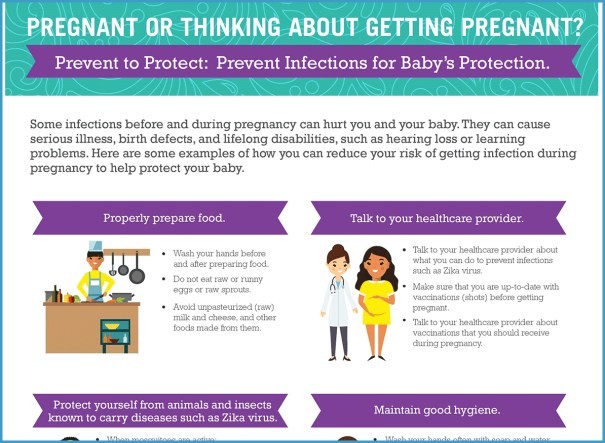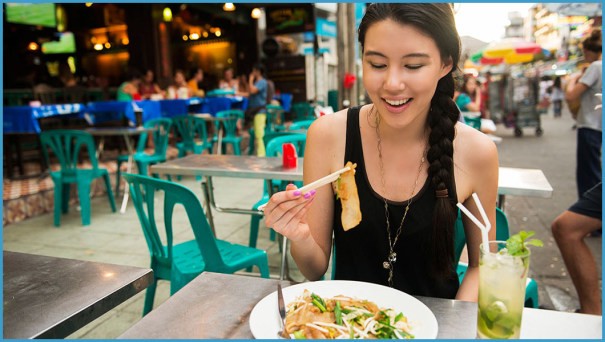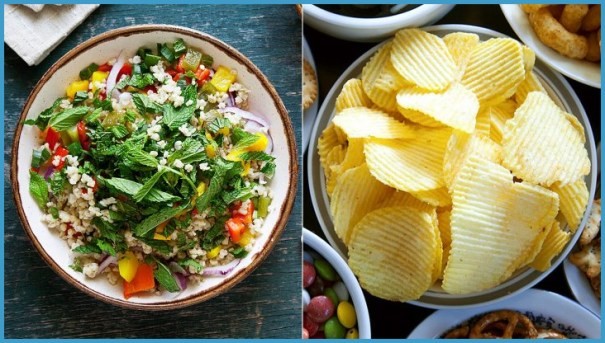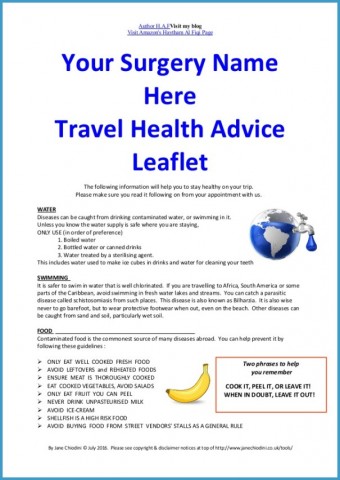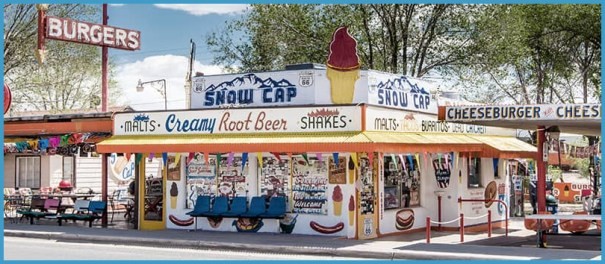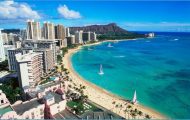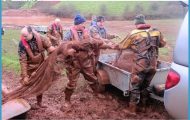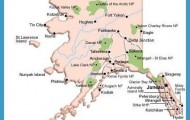Unscrupulous cooks can use spices to disguise the taste of slightly rancid food. Avoid spicy food unless you like it. If so, make doubly sure that the kitchens are clean.
Some countries see the quality of their water as a status symbol, so they won’t declare that it is unsafe to drink. It may be safe for the locals who have built up a working immunity to it, but it may not be safe for a tourist with no immunity.
Drink bottled water, but make sure that the bottled water is safe. Criminals abroad know that we demand bottled water, so they are not slow in putting local tap or river water in bottles and selling it to us at a vast profit.
Food Safety Foods To Avoid
Avoid Food Safety Risks While Traveling Photo Gallery
Check bottled water is safe. Buy brands that you know and recognise. Check that the bottle lid is sealed and intact, then you are pretty sure that it has not been refilled with local water. Hold the bottle upside down and squeeze it gently, if it leaks it might have been tampered with. In any case, if water can get out through the cap, contaminants can get in. so don’t buy it
Remember that water comes in other forms. Don’t order a glass of water with your meal – ask for a sealed bottle so you know it is safe. If you want a whisky with a little water or a glass of orange squash, make sure it isn’t local tap water they are using.
Keys to Food Safety while Traveling
Ice is water too, so avoid ice cubes or an ice lolly for you or the kids. They could be made with contaminated water.
Similarly, avoid ice cream, yoghurts, etc. They could be swimming with harmful bacteria.
Because they are made with boiling water, coffee and tea are usually safe, but consider avoiding local milk.
Food Safety How To Avoid Getting Sick While Traveling
Swimming pools are full of water. One survey showed over 25% of holiday pools used by British tourists abroad contained an unacceptably high level of bacterial infections. You only know it’s infected when the whole family suffers from something nasty a few days after taking a swim Avoid pools if you can. Make sure that the hotel or resort claims that their pool is clean and regularly tested and treated.
Safety Tips To Avoid Food Poisoning
On arrival, ask some of the guests who have been there for a while if they use the pool. If they say yes and they are OK, the water in the pool should be safe – for now anyway.
Coastal seawater can also be heavily infected and/or contaminated. In rougher seas you are more likely to swallow some of the water with any infection and contamination it holds. (Also see warnings about strong currents, tides, sharks, jellyfish, etc. below.)


